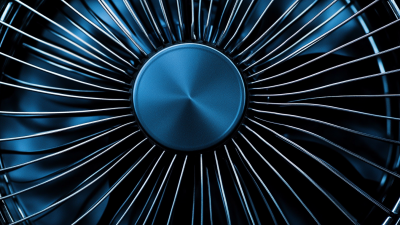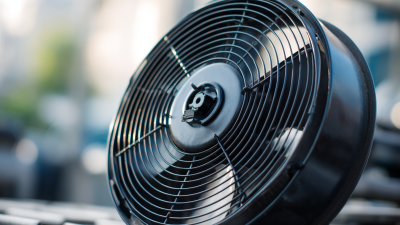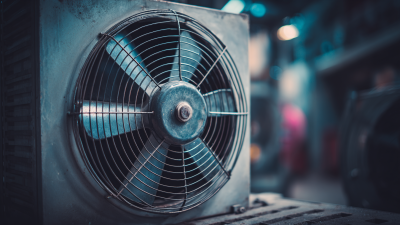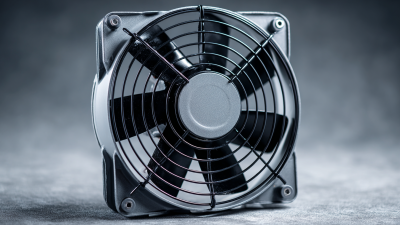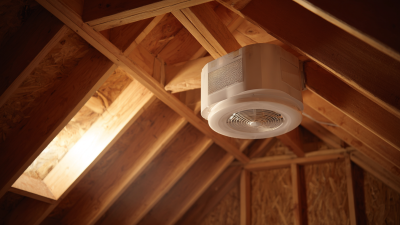




In today's quest for energy efficiency and enhanced home comfort, the role of AC fan motors has become increasingly significant. According to the U.S. Department of Energy, HVAC systems consume about 48% of the energy used in a typical U.S. home, making the efficiency of components like AC fan motors critical for reducing energy consumption and costs.
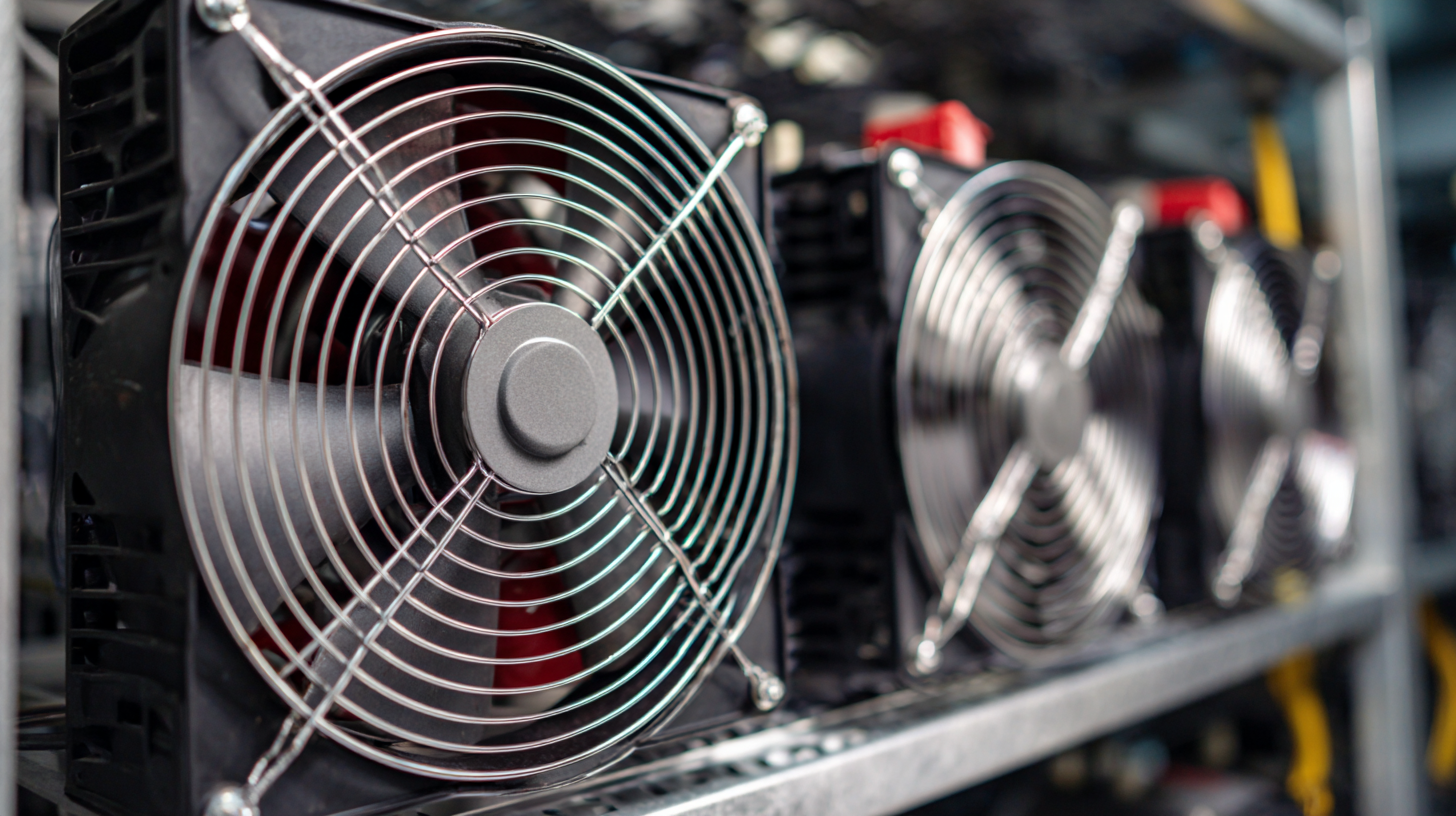
Reports suggest that upgrading to high-efficiency AC fan motors can improve electrical efficiency by up to 30%, leading to substantial savings on utility bills while also contributing to a lower carbon footprint. As homeowners and builders prioritize sustainable living, understanding how AC fan motors optimize airflow and maintain ideal indoor climates is essential.
By investing in quality AC fan motors, consumers can enhance their comfort levels while supporting energy-saving initiatives, reinforcing the often-overlooked but essential value of these components in modern HVAC systems.
In modern HVAC systems, AC fan motors play a crucial role in enhancing energy efficiency and ensuring home comfort. These motors are integral to the operation of cooling towers, which help regulate indoor temperatures. As the global focus on energy conservation grows, the demand for high-performance fan motors has increased correspondingly. A recent market analysis indicates that the cooling tower fan motor sector, valued at $210 million in 2022, is projected to expand significantly, reaching $350 million by 2030, with a compound annual growth rate (CAGR) of 7% from 2024 to 2030.
This growth reflects not only the essential function that these motors serve in energy-efficient HVAC systems but also their contribution to sustainability efforts. By optimizing airflow and reducing energy consumption, advanced AC fan motors help homeowners maintain comfortable living environments while minimizing their carbon footprint. As technology advances, the integration of smarter, more efficient motor systems will likely play a pivotal role in shaping the future of heating, ventilation, and air conditioning, further underscoring the importance of AC fan motors in modern HVAC design.
When considering the design of AC fan motors, several key factors play a crucial role in determining their energy efficiency. One of the primary considerations is the motor's efficiency rating, which indicates how effectively it converts electrical energy into mechanical energy. Higher efficiency ratings result in lower energy consumption, helping to reduce utility bills while maintaining optimal home comfort.
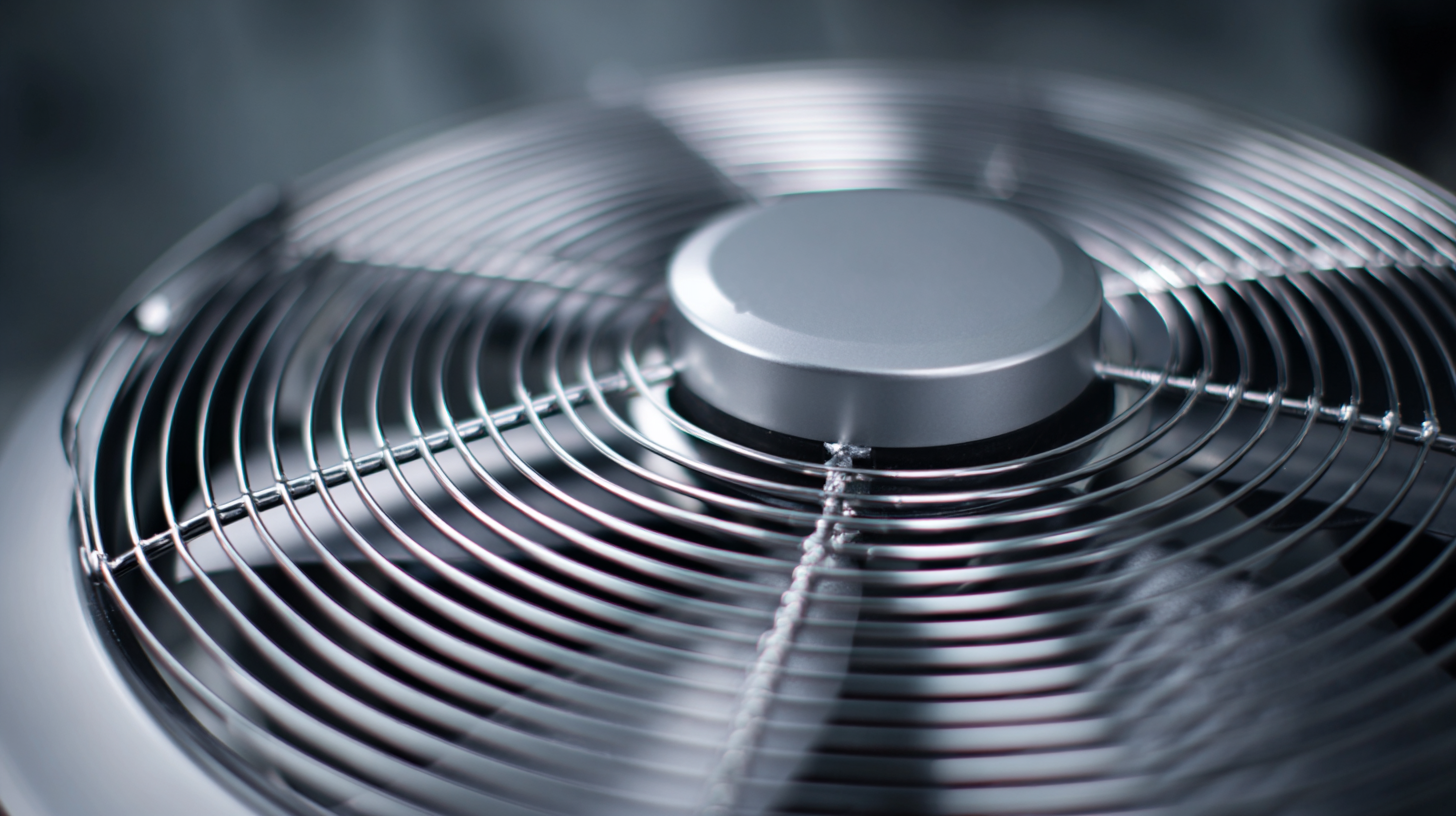
Another essential factor is the choice of materials used in the construction of fan motors. High-quality magnetic materials and low-resistance wiring can significantly improve performance and reduce energy losses. Additionally, advancements in technology, such as the adoption of variable speed drives, allow for more precise control over motor operations based on real-time conditions, further enhancing energy efficiency.
Tips: When selecting a fan motor, look for models with energy star ratings and efficient motor designs. Regular maintenance, such as cleaning dust from blades and ensuring bearings are lubricated, can also enhance performance and prolong motor life. Investing in smart home technology that adjusts fan speed according to room temperature can lead to significant energy savings. Embracing these strategies will not only improve energy efficiency but also enhance overall home comfort.
During seasonal changes, maintaining a comfortable indoor environment becomes essential, and AC fan motors play a crucial role in this process. According to the U.S. Department of Energy, nearly half of the energy used in homes is for heating and cooling. Efficient fan motors can significantly enhance energy efficiency by optimizing airflow, which helps to evenly distribute heated or cooled air throughout the home. This not only promotes comfort but also reduces energy consumption, leading to lower utility bills.
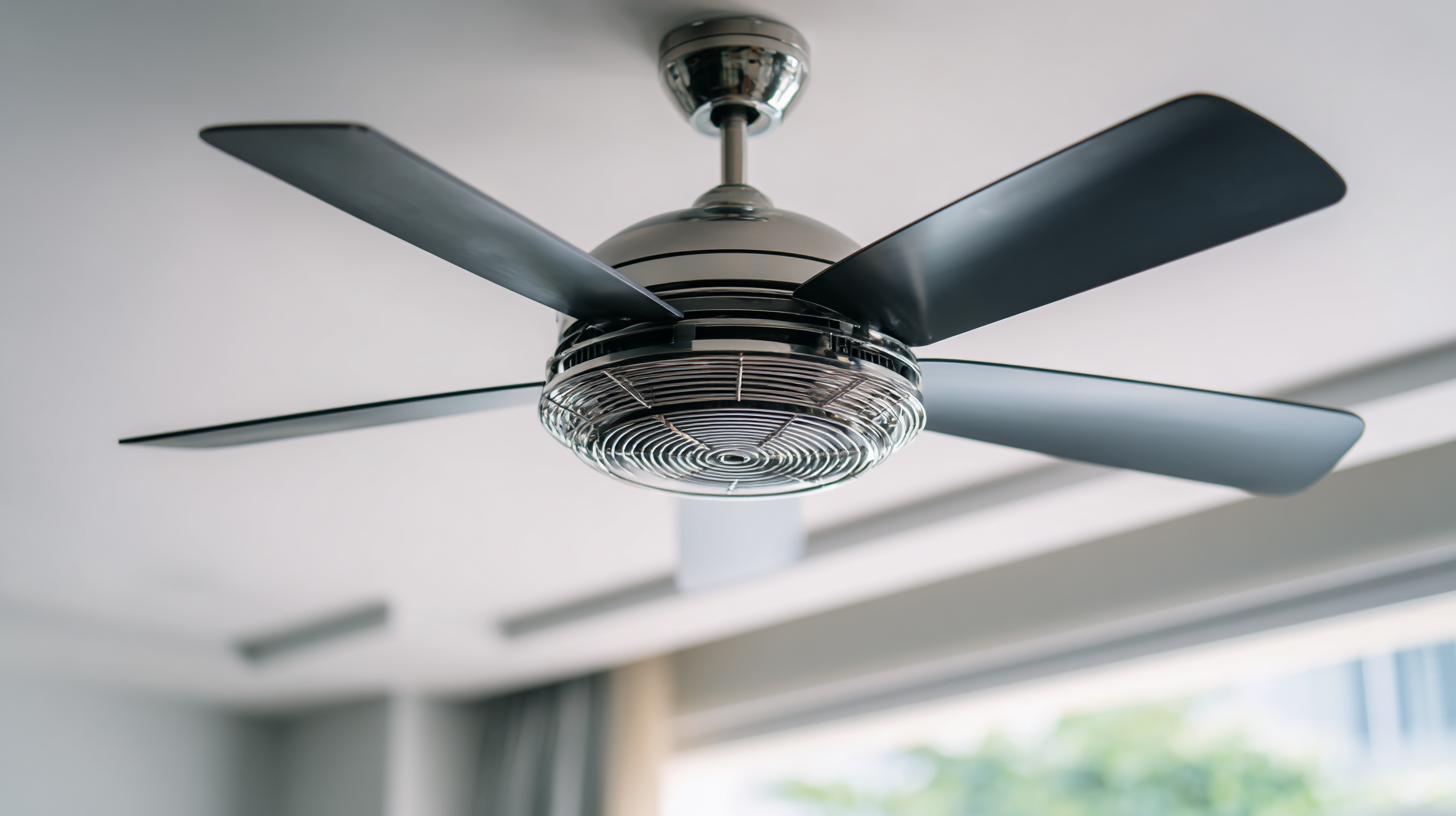
Furthermore, a report by the American Council for an Energy-Efficient Economy (ACEEE) highlights that correctly sized and installed fan motors can contribute to a 30% reduction in energy costs associated with heating and cooling systems. During summer months, for instance, using ceiling fans in conjunction with air conditioning allows homeowners to raise the thermostat setting by about 4°F with no change in comfort levels. This synergy between fan motors and other HVAC systems underscores their vital role not just in comfort, but also in promoting sustainability within our homes.
When it comes to enhancing energy efficiency and ensuring home comfort, understanding the different types of AC fan motors becomes essential. There are primarily two types of motors commonly used in air conditioning systems: single-speed and variable-speed motors.
Single-speed motors operate at a fixed speed, turning on and off as needed, which can lead to energy waste during cycles of inactivity. However, they are generally less expensive upfront, making them a popular choice for budget-conscious consumers.
In contrast, variable-speed motors are designed to operate at a range of speeds, allowing for more precise control of airflow and temperature. By adjusting the speed based on current cooling needs, these motors can significantly improve energy efficiency, leading to lower utility bills and a reduced carbon footprint.
Additionally, variable-speed motors provide a more consistent and comfortable indoor climate, minimizing temperature fluctuations and enhancing overall comfort levels. As homeowners increasingly prioritize energy savings, the choice between these AC fan motors becomes a critical factor in both performance and operational costs.
When it comes to optimizing the performance of your air conditioning system, the AC fan motor plays a crucial role in maintaining energy efficiency and home comfort. Regular maintenance of this component can significantly enhance its lifespan and functionality. Here, we share some essential tips to keep your AC fan motor running smoothly.
One key maintenance tip is to clean the fan blades and motor regularly. Dust and debris accumulation can hinder airflow and reduce efficiency. Use a soft brush or cloth to remove dirt from the blades and surrounding areas. Additionally, check for any signs of wear or damage to the motor's wiring. Addressing these issues early can prevent more severe problems down the line.
Another important tip is to ensure proper lubrication of the motor’s bearings. Over time, lubrication can degrade, leading to increased friction and potential overheating. Refer to your manufacturer's guidelines for recommended lubrication intervals and use the appropriate type of lubricant. By keeping these components well-maintained, you can not only enhance the overall efficiency of your AC system but also ensure a comfortable indoor environment during the hottest months.
| Dimension | Details |
|---|---|
| Fan Motor Type | Permanent Split Capacitor (PSC) |
| Power Consumption | 300 Watts |
| Efficiency Rating | Up to 85% |
| Lifespan | 15-20 Years |
| Common Issues | Noise, Overheating, Poor Airflow |
| Maintenance Frequency | Biannual Check-up |
| Optimal Temperature Setting | 75°F - 78°F |
| Cost of Replacement | $150 - $300 |
| Save Energy Tips | Regular Filter Replacement, Inspect Ducts, Install a Programmable Thermostat |
